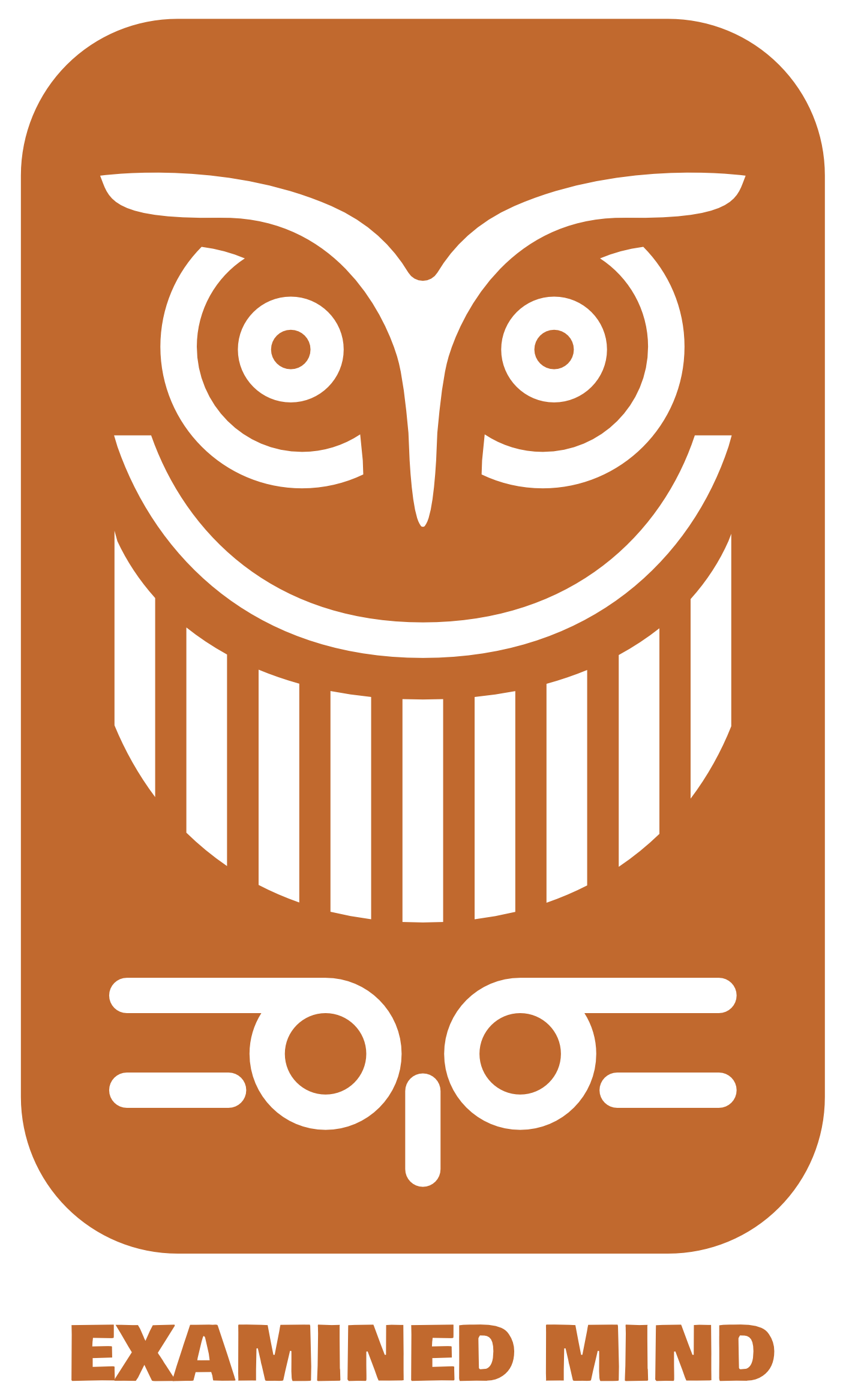Plato
- Home
- Philosophers
- Plato
Plato
If there’s one philosopher whose name is synonymous with the world of ideas, it’s Plato. A student of Socrates and the teacher of Aristotle, Plato lived in Athens during the 4th century BC and founded the Academy—one of the first institutions of higher learning in the Western world. Unlike Socrates, Plato wrote extensively, and his works remain some of the most influential in philosophy. His dialogues explore justice, knowledge, reality, and the ideal society, often featuring Socrates as a character engaging in debate. His Theory of Forms suggests that the material world is just a shadow of a higher, more perfect reality. Through his writings, Plato shaped philosophy, politics, and education for centuries to come.
What Can He Teach Me?
Plato’s philosophy isn’t just for scholars—it offers practical insights for everyday life. Here’s what we can take from him:
- Seek Deeper Truths – Plato’s Theory of Forms teaches us that there’s often more to reality than meets the eye. Look beyond appearances and question the deeper nature of things.
- Think Critically About Society – In The Republic, Plato explores justice and the ideal state. His work reminds us to critically examine the systems we live under and consider how they could be improved.
- Education Is Key – Plato believed that knowledge is the path to a better life and a better society. Lifelong learning isn’t just valuable—it’s essential.
- Reason Over Emotion – His philosophy emphasizes the importance of rational thought and self-control. When making decisions, consider logic and wisdom over fleeting emotions.
- Surround Yourself with Thinkers – The Academy was a place for discussion and intellectual growth. Engage with people who challenge and inspire you to expand your mind.
Notable Works
Plato’s writings are some of the most influential in Western philosophy. Here are a few of his most significant works:
The Republic – A foundational text in political philosophy, this dialogue explores justice, the ideal state, and the role of the philosopher-king.
The Symposium – A discussion on the nature of love, featuring different perspectives on what love truly means and its role in human life.
The Apology – Plato’s account of Socrates’ trial and defense speech, capturing Socratic wisdom and his dedication to philosophy.
Phaedo – A dialogue exploring the immortality of the soul and the philosophical arguments for life after death.
Timaeus – A cosmological dialogue describing Plato’s vision of the universe and the nature of reality.
Recent Blogs About Plato
From the Allegory of the Cave to ideas of justice and reality, Plato’s influence is everywhere. These blogs explore where his philosophy still applies:






